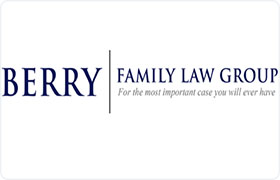Lawrenceville Reorganization Lawyer, Georgia
Sponsored Law Firm
-
 x
x

Click For More Info:
-
Berry & Associates
2751 Buford Highway NE Suite 600 Atlanta, GA 30324» view mapBankruptcy For the Most Important Case You'll Ever Have
We know how important your case is. And we know we really only have one, best chance to get it right. And we will.
800-659-5561
Christopher Phillips
Workout, Reorganization, Credit & Debt, Commercial Bankruptcy
Status: In Good Standing
Antonia Ngozika Okonkwo
Real Estate, Immigration, International, Reorganization
Status: In Good Standing Licensed: 18 Years
Thomas J. Reichard
Reorganization, Bankruptcy, Bankruptcy & Debt
Status: In Good Standing Licensed: 28 Years
Jeff Field
Bankruptcy & Debt, Consumer Bankruptcy, Credit & Debt, Reorganization
Status: In Good Standing Licensed: 40 Years
FREE CONSULTATION
CONTACTSteven Scott Heinrichs
Litigation, Transportation & Shipping, Antitrust, Reorganization
Status: In Good Standing Licensed: 31 Years
 Matthew Berry Atlanta, GA
Matthew Berry Atlanta, GA AboutBerry & Associates
AboutBerry & Associates Practice AreasSpecializations
Practice AreasSpecializations
